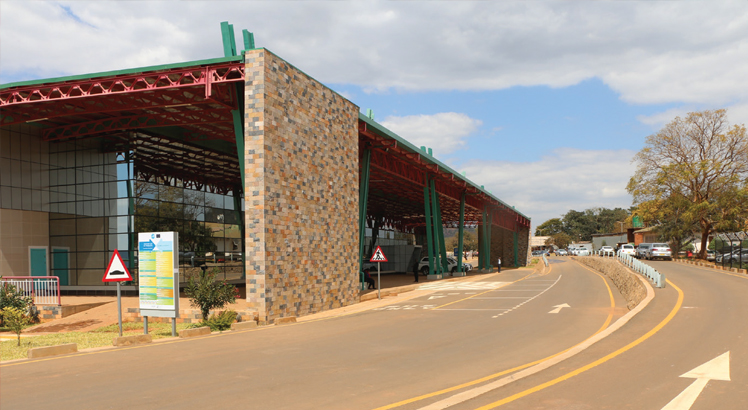RBM TIGHTENS MONETARY POLICY

The Reserve Bank of Malawi (RBM) has intensified implementation of its tight monetary policy and has mopped from the market about K19.2 billion in the past week.
The Reserve Bank of Malawi on December 12 mopped off the market K7.2 billion, mopped K6 billion on December 15 and another K6 billion on December 17 through repos.
Repos are short-term securities issued by a central bank in an open market to control money supply.
In a telephone interview on Thursday, RBM spokesperson Mbane Ngwira said the central bank has intensified the open market operations to meet liquidity requirements and rein in inflation.
“The open market operations are an intensification of the RBM’s tight monetary policy to achieve end-March and end-June liquidity targets. We have opted to use repos because the market has an appetite for them in contrast to outright sale. The repos are sold at market rates and will not affect lending rates. We will continue with the tight monetary policy until we achieve our targets,” said Ngwira.
He added that the liquidity targets stipulated in the International Monetary Fund (IMF) programme are owned by Malawi to achieve its economic objectives.
The interbank lending rate, the rate at which commercial banks lend to each other, in early November declined to about 23 percent but has since started to rise.
Financial Market Dealers Association (Fimda) president Alfred Nhlema commenting on the trend in market liquidity early this month warned that the situation was temporary and that the system would soon experience a squeeze, especially as we draw closer to year end anticipating that the monetary authorities will intensify the application of open market operations to mop up any excess liquidity in the market in a bid to comply with the IMF programme year-end monetary targets and also in trying to dampen the exchange rate pressure and the resultant imported inflationary pressure.
Recently, experts cautioned that rising short-term interest rates due to poor market liquidity may trigger a rise in the cost of borrowing.
However, Nhlema said given the current market challenges, the economy still needs a tight monetary policy stance to tame inflationary pressure and exchange rate pressure.
Fimda, however, pointed out that there is need for continued fiscal expenditure restraint so that monetary policy is not in vain.
RBM recently said it will further tighten the monetary policy to address challenges due to delayed disbursements by the country’s major donors through the use of open market operations, bank rate, and foreign exchange operations.





